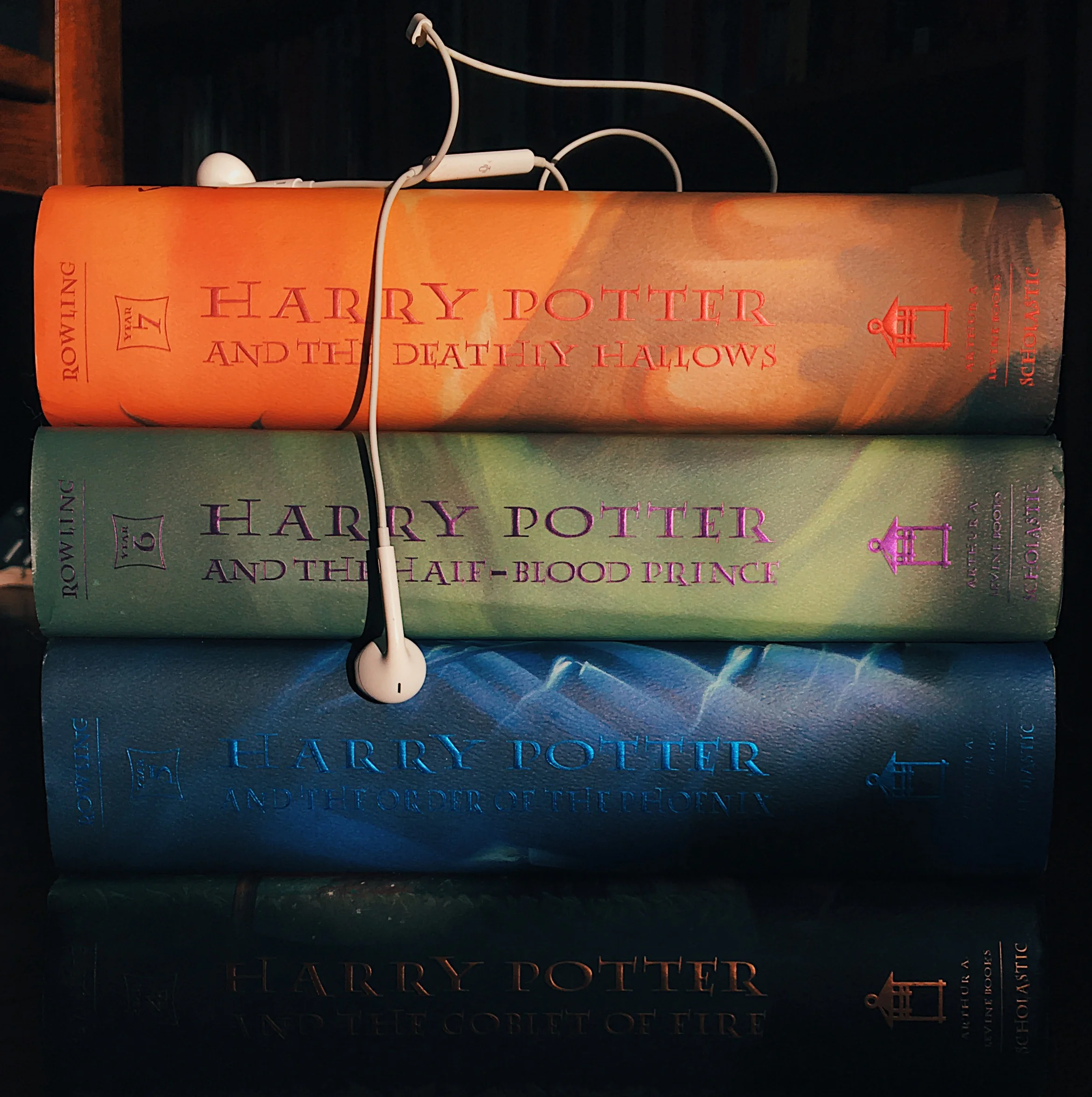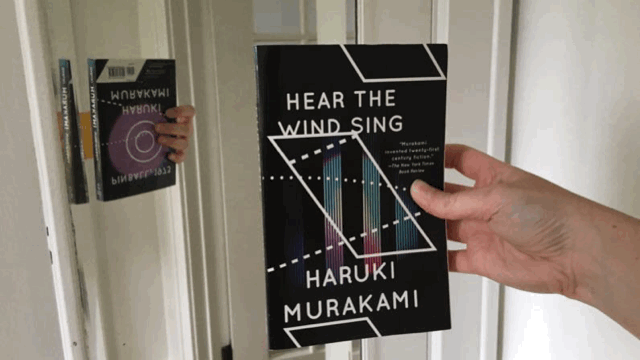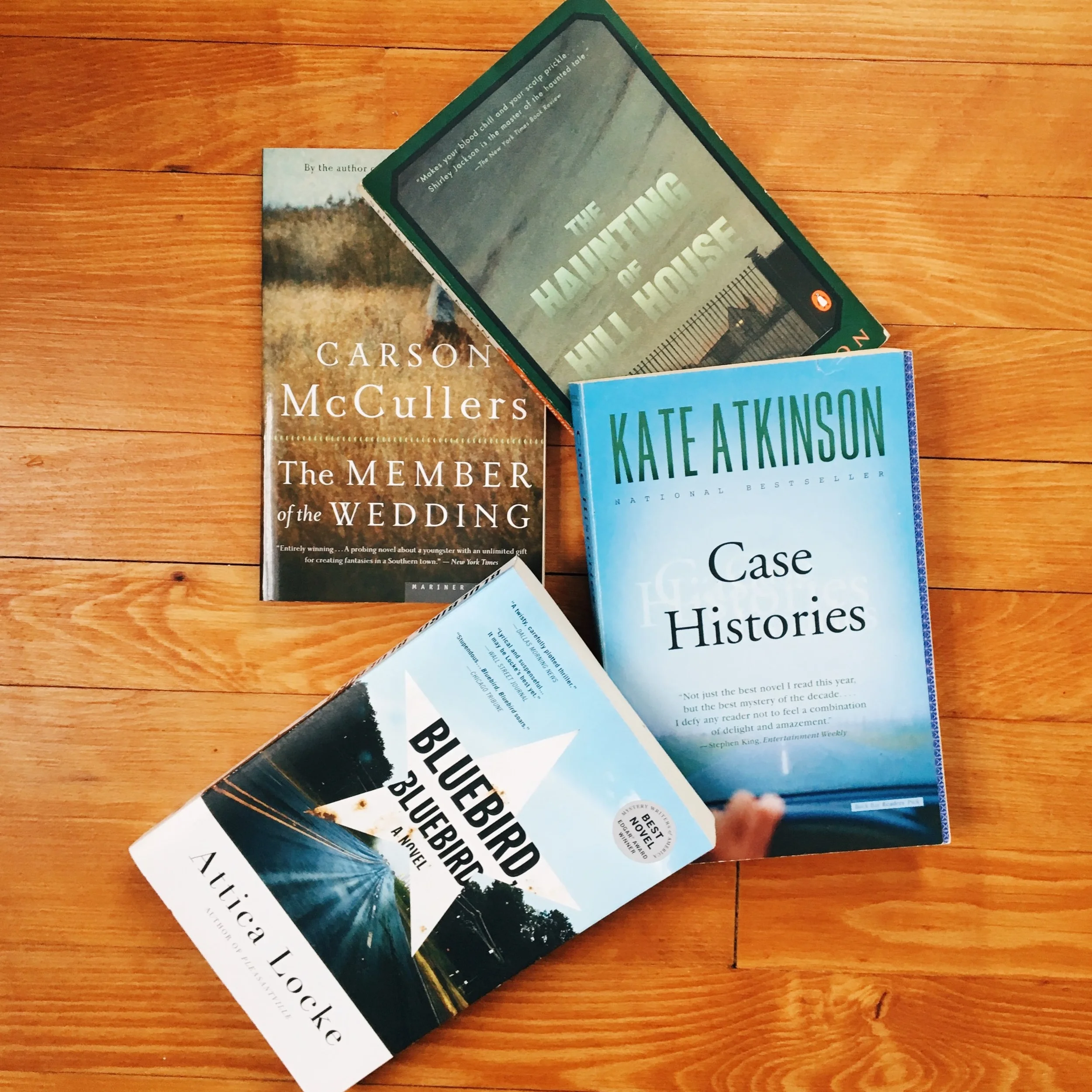Harry Potter and the Summer of Surgery
Fifteen years ago this summer I was 14 years old and had to have corrective back surgery for scoliosis. The recovery period of the surgery would require a little over a month of prescribed bed rest. My summer would be ruined. I couldn't go to tennis or band camps. In fact, I couldn't participate in any sports for a full year.
There was only one silver lining as far as I was concerned. Harry Potter and the Order of the Phoenix had been released on June 21st. I had already finished reading the book by the time I had my surgery in early July, but I planned to reread my favorite book series. I figured I'd have the time.
Having your spine lengthened and straightened with a ratcheting rod is (duh) very painful. I had known enough to expect that, but I didn’t realize how tired I’d be all of the time. I woke up countless times a night, stiff and uncomfortable, unable to turn myself onto a new position. I used a walkie talkie to radio my mom to come and stuff pillows under my side and bring me ice or a valium. Every day I had new goals to meet in literally learning to sit, stand, and walk again. On day four or five at the hospital they allowed me to stand up. I took a short walk down the hall and got sick. Sitting up made me light headed and out of breath. And as it turned out, when it wasn't just outright incredibly painful to, I lacked the physical strength to hold up a bulky hardcover book.
That’s when my grandma, a long retired nurse at age 85 who was visiting from Pensacola to care for me when my mom returned to work, had the brilliant idea to buy me Goblet of Fire and Order of the Phoenix on tape (That’s right. In 2003 enough cars still had tape decks instead of CD players that the majority of audiobooks were sold on cassette). When I finished them, she went out and bought the other three. I spent the remainder of the summer up in my room spinning cassette tapes and listening to Jim Dale use dozens of voices to bring Hogwarts alive in a way I hadn’t experienced before. I'd fall asleep to them, waking up from a nap and having to rewind back to the last thing I remember hearing before I dozed off. And then having to fast forward when I went too far.
For years these were the only audiobooks I could stand to listen to. Jim Dale* was the only narrator worth his salt, as far as I was concerned. More recently I have taken up other audiobooks while I work. The last couple of years I became concerned about listening as opposed to reading reading. Should it count as reading? Was I actually paying attention? Should I count audiobooks toward my yearly book goal? Is reading from a page somehow inherently more readerly than listening to a book being read? I brought this question up to Becca on the podcast once, who reminded me that this line of thought is terribly ableist with a subtext of "stop being pretentious."
Josh and I recently drove to Pennsylvania to visit my sister-in-law and her family. We decided to listen to The Prisoner of Azkaban on our way back. From the first notes of that midi theme song to the end credits, it was a joy to experience the narration again as an adult, with another person who lives for those stories as much as I do. We’d stop sometimes and discuss what we thought would happen with some of the details (despite having read and listened countless times each, there were things we were surprisingly hazy on). I positively steeped in nostalgia and reminded of how I fell in love with the books on tape to begin with. I told Josh the story of the gift my grandma gave me the summer I had back surgery for probably the twelfth time. He listened politely anyway.
Embarrassingly, I had never once before considered the fact that I turned to books on tape because I had been physically unable to hold a book. A realization that I now understand to be a completely privileged position. I had been corrected before on my pretentious notions. It was a glaring omission to have not thought that visually impaired people could have true experiences with literature that wasn’t on a printed page, but to overlook my own lived experience is an entire other level of thoughtlessness. And it really it isn’t just physical ability. I think of all of the ways in which life can become so hectic as to make it impossible to engage with reading and literature in a meaningful way. I now can only think of audiobooks as an incredible democratizing force for literacy.
*Perhaps you are a fan of the Stephen Fry versions of the audiobooks. It seems that on the internet there is a fairly heated debate as so whether Jim Dale or Stephen Fry is the better narrator. It is my opinion that 1. Jim Dale is the better narrator and that 2. Stephen Fry could just as easily be the better narrator, but I would never be able to find out because I have only listened to Jim Dale’s version and I, therefore, cannot listen to Stephen Fry’s version for fear of it being better and that fact ruining my sense of self and also my complete incapability to be impartial on the matter. So for the sake of civility, I suggest we all just agree that whichever version you grew up listening to is the best and that is the end of it.






